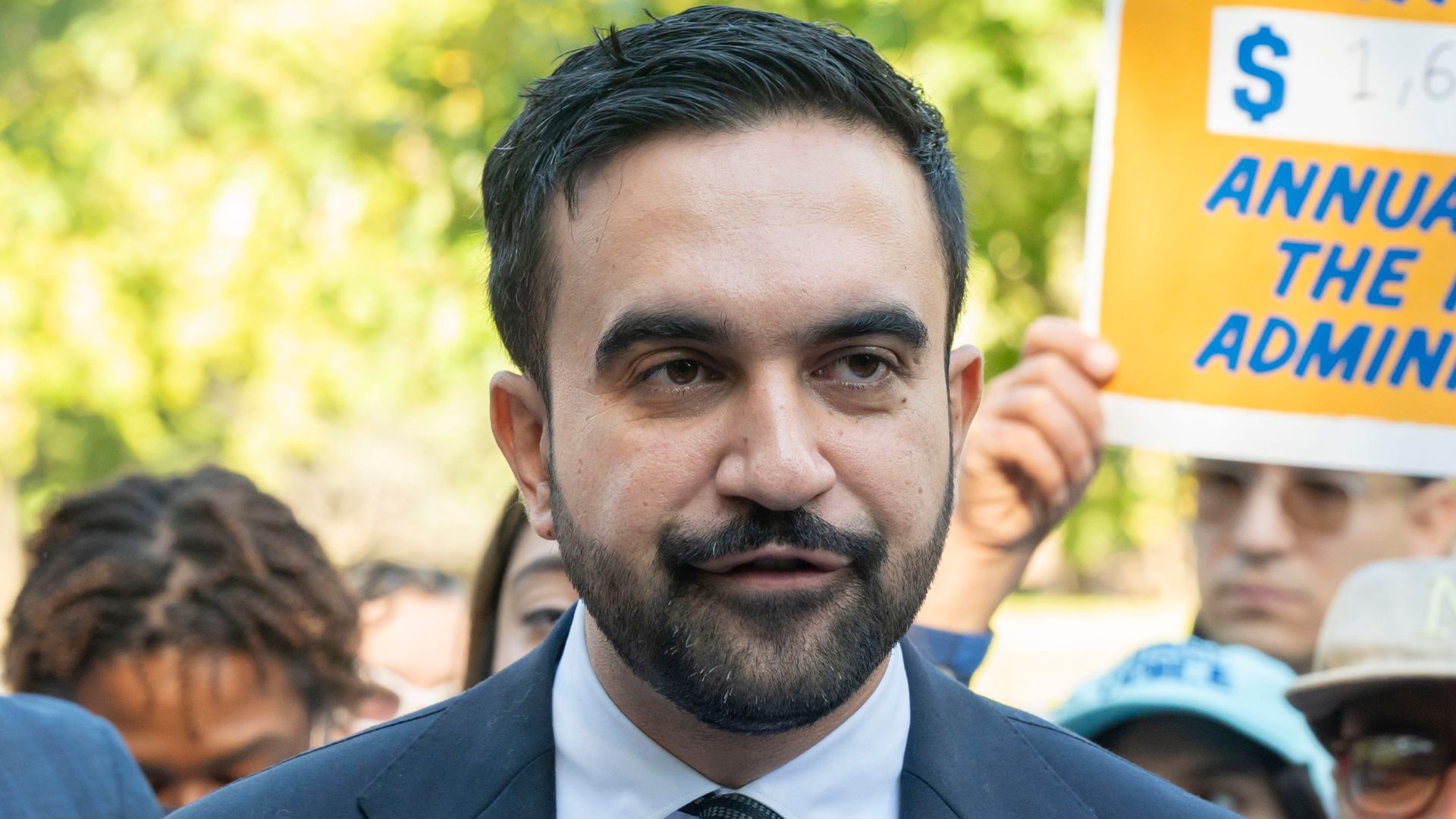Senate Democrats are defending their unprecedented slow-walking of President Donald Trump’s nominees, arguing no obstruction is taking place — despite repeatedly enacting procedural roadblocks intended to make the confirmation process increasingly brutal.
The Democratic caucus, under the leadership of Senate Democratic Leader Chuck Schumer, is using a variety of stalling tactics to prevent any of the president’s nominees — which require Senate confirmation — from being quickly approved on the floor. Six Senate Democrats told the Daily Caller News Foundation on Thursday that their party’s nominations blockade is not negatively impacting the confirmation process despite more than 150 of the president’s nominees currently awaiting floor consideration. (RELATED: ‘Everything Is Under Consideration’: Senate GOP Vows Action To Steamroll Dems’ Obstruction)
“We’re not obstructing. We’re voting — I literally just voted,” Democratic Michigan Sen. Gary Peters told the Daily Caller News Foundation on Thursday following a roll call vote series during which he opposed the confirmation of one of the president’s picks — and the advancement of another nominee. “The job of the Senate is to provide advice and consent for nominees, and that’s what we’re doing.”
“The rules have been followed,” Independent Maine Sen. Angus King, who caucuses with Democrats, told the DCNF. “Look at the record. How many nominees were approved at this point in history under Trump One, Biden and Trump Two? And if we’re getting the same numbers, then it’s hard for me to see that there’s this serious problem.”
The Senate has confirmed roughly twice as many civilian nominees during the president’s second term as of August 1 compared to the first Trump administration. However, Senate Republicans argue that this number must be viewed in the context of Democrats’ decision to filibuster every nominee the president has put forward — in stark contrast to their actions during his first term.
Trump, in his second term, is the first president on record to not have a single nominee confirmed via voice vote or unanimous consent at this point in his presidency. Former President Joe Biden saw roughly 40% of his picks confirmed by unanimous consent or voice vote as of August 1. In Trump’s first term, more than 78 of his appointees had been granted an expedited confirmation process before the upper chamber adjourned for its August recess.
Democrats’ decision to drag their feet on nearly all of the president’s picks has infuriated Senate Republicans who argue their counterparts’ delay tactics undermine decades of precedent in the upper chamber to quickly confirm lower-level, relatively noncontroversial nominees.
Senate Majority Leader John Thune has regularly held votes into the nighttime to continue plowing through nominations, but Democrats’ roadblocks have slowed the process considerably and prevented the president from quickly staffing his administration. Some of the president’s appointees who were favorably reported out of committee more than 100 days ago are still in limbo.
“For seven months, Senator Schumer and his band of Democrat obstructionists have thrown the kitchen sink at President Trump’s nominees,” Senate Majority Whip John Barrasso, the number-two ranking Senate Republican, said on the Senate floor Thursday. “This is not advice and consent. This is obstruct and delay.”
WASHINGTON, DC – JULY 22: U.S. Senate Majority Leader Sen. John Thune (R-SD) (R) speaks as Senate Majority Whip Sen. John Barrasso (R-WY) (L) listens during a news briefing after the weekly Senate Republican policy luncheon at the U.S. Capitol on July 22, 2025 in Washington, DC. Senate GOPs held a weekly policy luncheon to discuss the Republican agenda. (Photo by Alex Wong/Getty Images)
Senate Republicans argue the confirmation process has never been more dysfunctional, but some of their Democratic counterparts appear to be feigning ignorance — or seeking to avoid discussion of the subject.
“I’m not the one that’s objected,” Democratic Virginia Sen. Tim Kaine told the DCNF when asked why Senate Democrats have not consented to any of the president’s nominees being approved by unanimous consent or voice vote. “So the big picture and how it compares in the past and all that — I don’t know.”
“I’m not aware of obstruction,” Democratic Colorado Sen. John Hickenlooper told the DCNF when asked about the state of the confirmation process.
Hickenlooper also declined to speculate why Trump has had zero nominees confirmed by unanimous consent or voice vote at this point in his presidency compared to Biden who had nearly 50 nominees approved via that route as of August 1.
“I don’t know,” the Colorado Democrat said. “That’s above my pay grade.”
The DCNF posed a similar question to Democratic Wisconsin Sen. Tammy Baldwin about Democrats’ objections to approving the president’s nominees by unanimous consent, but she declined a brief interview.
A spokesperson told the DCNF the senator was busy and to reach out via email. Baldwin’s office did not respond to a request for comment.
Other Senate Democrats have been more forthright about their intent to thwart the president from quickly staffing up his administration.
“I’m voting no on all Republican nominees,” Massachusetts Democratic Sen. Ed Markey told the DCNF. “I’ve done that since January. I’m voting no.”

WASHINGTON, DC – JULY 30: Senate Minority Leader Charles Schumer (D-NY) speaks during a news conference with Senate Homeland Security and Governmental Affairs Committee ranking member Sen. Gary Peters (D-MI) (R) and Sen. Richard Blumenthal (D-CT) demanding the release of the Epstein files at the U.S. Capitol on July 30, 2025 in Washington, DC. (Photo by Chip Somodevilla/Getty Images)
Thune has sought to counteract Democrats’ procedural hurdles by taking fewer recesses and holding a staggering number of votes this year — more than any Congress in the past three decades. However, Democrats’ refusal to expedite the confirmation process has still limited the number of confirmations achievable in a week’s work.
If the Senate maintained the eleven confirmations achieved during the third week of July, the current docket of nominees would likely not be completely zeroed out until November at the earliest — and that would not account for the hundreds of other Senate-confirmed positions waiting to be filled.
“If we stayed in session around the clock, 24 hours a day, all the time, we’d still be here in December, and we’d still have a backlog of hundreds of people here,” Republican Missouri Sen. Josh Hawley told the DCNF on Thursday. “If they don’t stop filibustering, we’ll be voting on these undersecretary positions into 2026 [and] 2027.”
Democrats’ roadblocks have also forced Thune to hold more than 100 procedural votes despite each of the president’s picks on the floor ultimately being confirmed during a final roll call vote. These votes impede the upper chamber’s ability to work efficiently and spend time considering legislation, which would have to compete for floor consideration, according to several GOP senators who spoke to the DCNF on Thursday.
“The Senate can’t function if you try to have 1200 people go through a two-hour, it’s really a three-hour, time period for every single nominee,” Republican Oklahoma Sen. James Lankford told the DCNF, arguing Democrats’ obstruction has not been limited to nominations. “Their goal is to block appropriations, to block any bills to be able to move regardless whether partisan or nonpartisan.”
“I think we’ve been in session almost 40 days longer than the House,” Lankford continued, in a reference to the Senate’s relatively punishing schedule grinding through confirmation votes. “We can do this easy way or the hard way, but Trump is going to get his people.”
Andi Shae Napier and Caden Olson contributed to this report.
All content created by the Daily Caller News Foundation, an independent and nonpartisan newswire service, is available without charge to any legitimate news publisher that can provide a large audience. All republished articles must include our logo, our reporter’s byline and their DCNF affiliation. For any questions about our guidelines or partnering with us, please contact [email protected].
Read the full article here






![David Hogg Accuses Trump of Hiding Jeffrey Epstein Files in Profanity-Laced Outburst at D.C. Summit [WATCH] David Hogg Accuses Trump of Hiding Jeffrey Epstein Files in Profanity-Laced Outburst at D.C. Summit [WATCH]](https://www.rvmnews.com/wp-content/uploads/2025/05/2025.05.13-07.06-rvmnews-68239843b2fa0.jpg)




